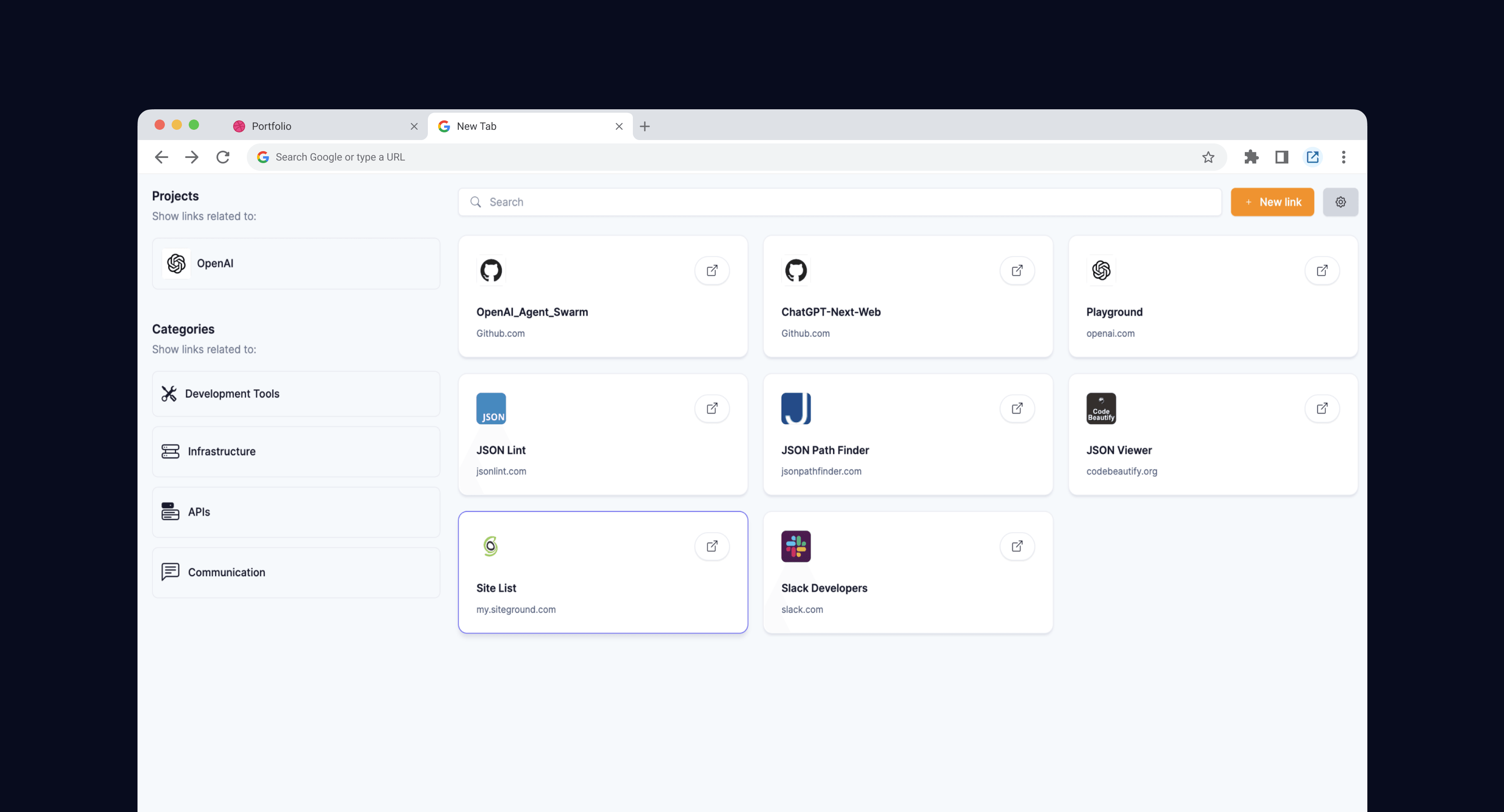people.io: Pioneering Personal Data Ownership Platform

people.io: Personal Data Ownership Platform
Companies want your data. You need control. Launched in 2015, people.io envisioned a world where you own your personal data as a digital asset, controlling its access, use, and value to shape your interactions with technology - from today’s apps to tomorrow’s smart devices. The mission was an “API for people,” empowering you to license your data to services on your terms, delivering personalised experiences while upholding privacy as a core principle. people.io achieved extraordinary success, hitting #1 on the UK iTunes Store, partnering with Telefónica, and earning NASDAQ’s Rising Star award. We failed - too early, missing a few critical pieces - but the vision continues to inspire personal data ownership today.
Revolutionising Personal Data Ownership
people.io set out to redefine your digital life. Instead of companies secretly harvesting your data, we created a platform where you license it, retaining ownership and deciding how it’s used. Our app, targeting 18–25-year-olds, let you connect accounts like Gmail or Spotify, answer swipe-style questions, and see every interaction transparently. It was intuitive, like swiping on Tinder, and you earned rewards - gift cards, subscriptions, or donations - for every step. Using machine learning, we built spatio-temporal context graphs, creating secure, real-time profiles that powered consent-driven experiences without exposing raw data.
Backed by Founders Factory and Wayra (Telefónica’s accelerator), people.io exploded. Our 2016 East London beta reached 150,000 users in months, with over 120 million questions answered and retention rates crushing industry norms - 64% after three days, 25% after 120 days. Campaigns for ASOS, lastminute.com, and Derren Brown’s tour hit click-through rates up to 36% and 95%+ view completion, proving user control drives engagement. Our Wahaca campaign, for instance, let users answer Day of the Dead questions, earning credits for watching a video ad, with 15–30% clicking through to booking pages. In 2017, we launched O2 GET in Germany, a Telefónica-branded app for 24 million customers, showcasing scalability in a strict privacy market. NASDAQ named us a Rising Star in 2016, and Marketing Week listed us among 100 Disruptive Brands.
&w=3840&q=95)
&w=3840&q=95)
Why Rewards Mattered
Rewarding users wasn’t just about incentives; it was about solving a core challenge: how do you help people build a valuable personal data asset when better experiences require lots of data upfront? We used rewards to tap into user psychology, encouraging 18–25-year-olds to engage and create rich profiles that could unlock tailored interactions - like a Spotify playlist reflecting your mood or an AR app recognising your preferences. This required a complex mix of technical innovation, like our Consent Manager AI, and commercial growth to attract brands. The B2B2C marketplace - balancing user trust, developer needs, and corporate buy-in - was incredibly tough. We stayed true to our principles, but the complexity proved insurmountable, contributing to our failure.
A Vision for the Future
GDPR in 2018 boosted our consumer-first mission. Our platform, built for control, used AI to ensure data stayed secure, never shared raw with advertisers. We envisioned a developer ecosystem, like Stripe for personal data, where third parties could build ethical services. Imagine an Alexa skill learning your favourite sports team in 48 seconds, a hotel offering your preferred newspaper, or AR glasses enhancing your experience - all with your consent. Backed by investors like Thomas Höegh (Arts Alliance), Nick Robertson (ASOS), and Brent Hoberman, who lauded our leadership, and led by CTO Damian Brooks (ex-Ticketmaster), we raised over £600,000 to drive this vision.
Challenges and Insights
Convincing companies to pay for ethical data access in a £16 billion advertising industry was like pushing a boulder uphill. GDPR aligned with our principles but didn’t change corporate habits fast enough. Scaling to 150,000 users stretched our tech, and balancing our vision with revenue demands was tricky. We refused deals that compromised user control, a stance rooted in our ethos. Ultimately, we failed - too early, without the right mix to succeed. These challenges taught us how to champion user-centric data solutions in a profit-driven world.
people.io’s Impact on Data Ownership
people.io ignited a movement for personal data ownership. We proved user control creates trust, engagement, and value. Our Telefónica partnership, campaigns, and government advisory work showed what’s possible when you’re in charge. We warned about AI risks, like DeepMind’s NHS data use, where anonymised data fuels intelligence without user benefit. Consent alone can’t keep up with AI that knows you better than you know yourself - think smart fridges or AI-driven ads. As a NASDAQ Rising Star and AI ethics advisor, we shaped discussions resonating in today’s GDPR and CCPA era. people.io’s vision - an API for personal data - remains a blueprint for a future where you control how your data powers tech.
Continuing the Mission at NO Product
Nicholas Oliver, people.io’s founder, now drives that consumer-first vision at NO Product, a digital agency tackling bold challenges. With expertise from people.io, NO Product builds solutions rooted in trust for startups and global brands. Ready to redefine data-driven tech? Get in touch and let’s collaborate on your next project.

